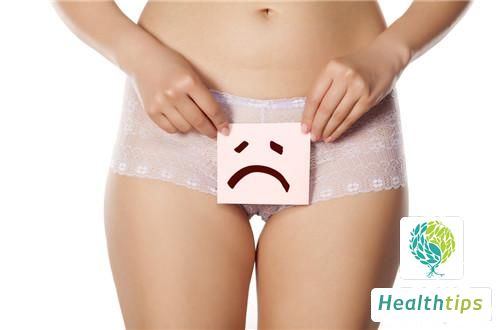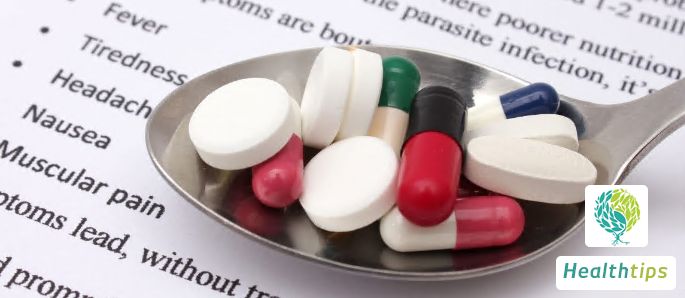What is the price of a box of Good Good Huangqi Granules?
Huangqi Granules: Efficacy, Uses, and Pricing
Huangqi Granules, a traditional Chinese medicine, possess numerous therapeutic effects, including tonifying qi and strengthening the exterior, promoting urination, eliminating toxins and draining abscess, and promoting tissue regeneration. Clinically, it is commonly used in the treatment of various conditions such as shortness of breath, palpitations, spontaneous sweating, bodily weakness with edema, chronic nephritis, chronic diarrhea, and rectal prolapse.

Some patients who experience similar symptoms may be interested in using Huangqi Granules for treatment but may be uncertain about the pricing.
1. Pricing of Huangqi Granules
Pricing for Huangqi Granules can vary depending on the packaging and brand. Generally, the following are approximate price ranges for different packaging options:
- 4g x 12 bags: approximately 29.00 to 35.60 yuan
- 4g x 6 bags: approximately 8.00 to 18.90 yuan
- 15g x 12 bags: approximately 29.00 to 35.60 yuan
- 4g x 30 bags: approximately 112.00 yuan
When purchasing Huangqi Granules, it is recommended to choose a reputable and large pharmacy. These pharmacies often offer promotional discounts periodically, which can help reduce the cost of purchase.
2. Efficacy of Huangqi Granules in the Treatment of Chronic Kidney Disease and Cardiovascular Diseases
Modern renowned Chinese medicine expert, Mr. Yue Meizhong, was inspired by the experience described in "Cold Hut Medical Talks" regarding the use of Huangqi porridge to treat edema. Based on this, he created a Huangqi porridge recipe for the treatment of chronic nephritis in children, achieving satisfactory results. The recipe includes raw Huangqi (30g), raw Yiren (30g), Chixiaodou (15g), Jineijin (9g), Jinjubei (2 pieces), and glutinous rice (30g). The preparation process involves boiling the Huangqi in 600ml of water for 20 minutes, discarding the dregs, adding the Yiren and Chixiaodou, boiling for another 30 minutes, and finally adding the Jineijin and glutinous rice to cook into a porridge.
In terms of cardiovascular diseases:
- Hypertension: Fangji Huangqi Tang with additional pueraria has been used to treat hypertension in elderly patients with edema in the lower extremities. This combination effectively reduces edema and lowers blood pressure. Dosages are based on traditional prescriptions and may include Huangqi (30g), Baishu (12g), Fangji (12g), Gancao (3g), ginger slices (3 pieces), and red dates (10 pieces). Variations include omitting Gancao and adding pueraria (30g), Zexie (20g) for high blood lipids, and Chuanxiong (10g) and Danshen (12g) for chest pain or dizziness.
- Ischemic heart disease: 50g of Huangqi is decocted and divided into three doses for daily administration. Studies have shown Huangqi to be superior to other commonly used medications in treating 92 cases of ischemic heart disease, improving symptoms such as angina pectoris and various clinical objective indicators.
- Cerebrovascular accidents: The renowned Ningbo physician, Fan Wenhu, prescribed Huangqi in dosages ranging from 60 to 120g for the treatment of stroke and hemiplegia. He believed that stroke results from qi deficiency and meridian blockage, and advocated Wang Qingren's Buyang Huanwu Tang, stating that increasing Huangqi dosage to four ounces and administering it for dozens of doses is harmless.



















